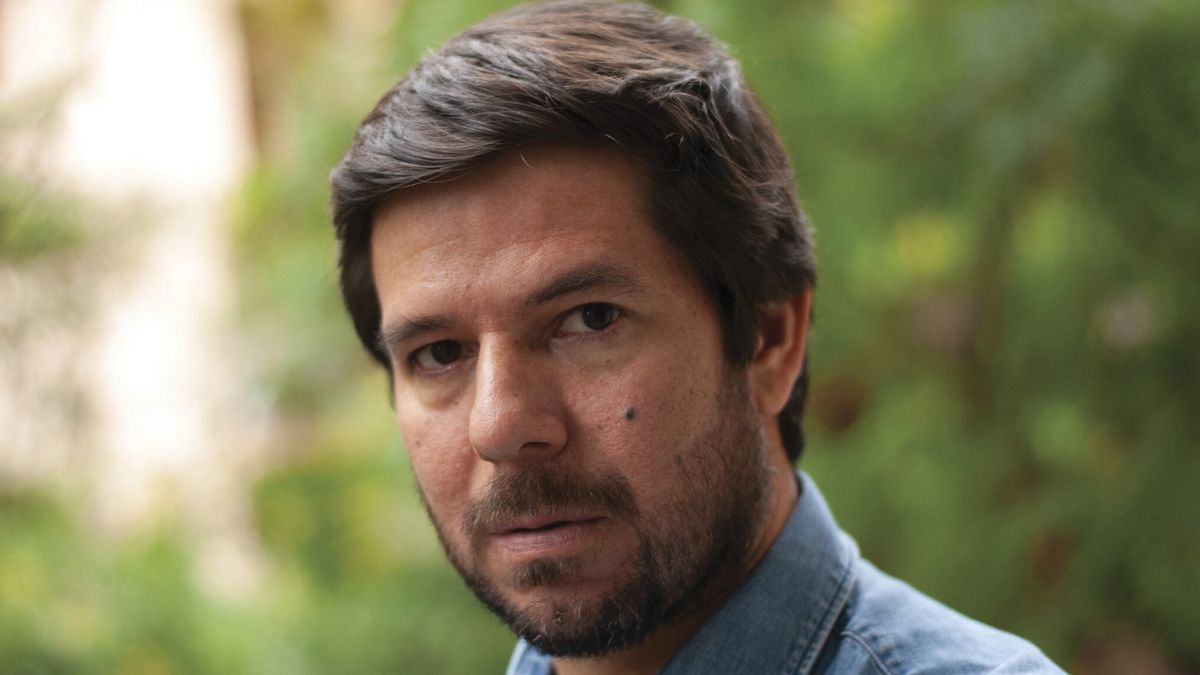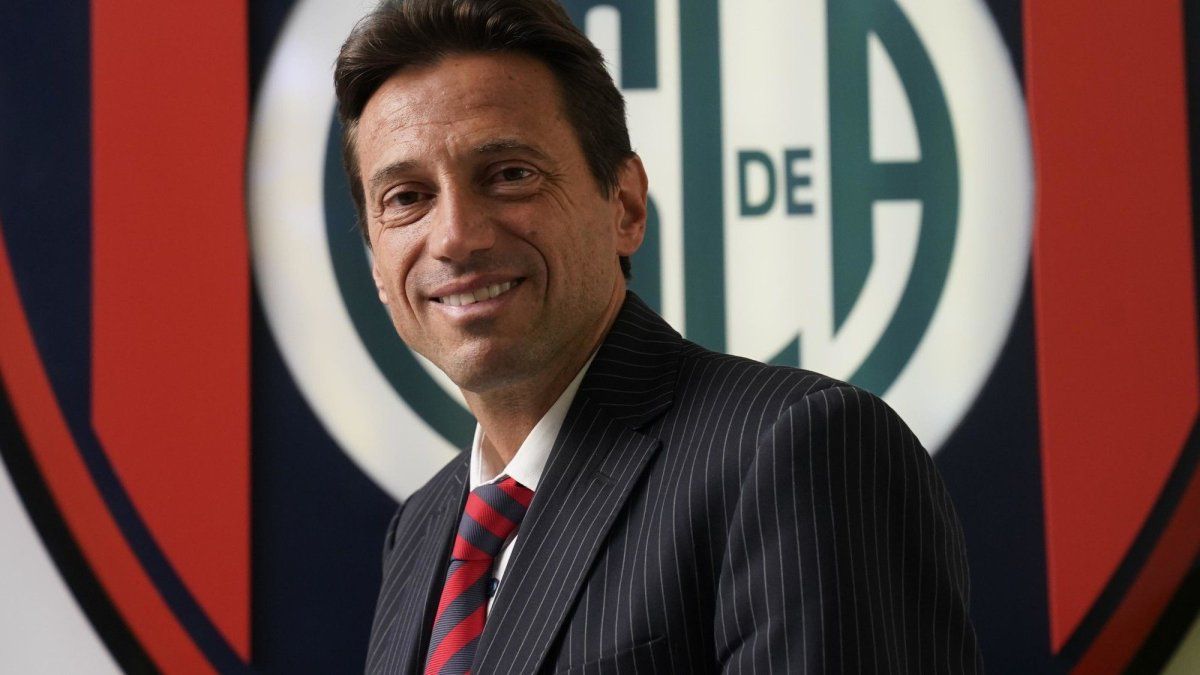Passions, wars, migrations and uprooting intertwine in a captivating way in “The world we watched burn” (Alfaguara), new novel by Renato Cisnerosa renowned Peruvian writer living in Spain. During his visit to Buenos Aires we spoke with him.
Journalist: What world does a Peruvian pilot who bombed Hamburg from a Boeing B-17 during World War II watch burn, and a journalist who now decides to settle in Madrid?
Renato Cisneros: What Matías sees burning from a US warplane is Hamburg, a city he had dreamed of visiting. What the narrator of the story sees burning is his world after his divorce and a return to Peru that made him realize that he no longer has anything in common with his family or his friends due to the intense political polarization.
Q: Is there any resonance with current events?
RC: The world is burning, and this is something that many societies and countries are witnessing right now, where a growing feeling of living through the end of something is growing. Eighty years after the Second World War, people talk about Palestine, Gaza, Ukraine, air raid shelters, exoduses, unprotected civilians, leaflets falling from the sky warning the population that bombs are going to fall. The historian Will Durant and his wife Ariel point out in their “History of Civilization” that in 3,500 years of humanity there were no wars in only about 500.
Q: Is the story of the Peruvian who bombed Nazi Germany true?
RC: About ten years ago I wrote “The Sentimental Bombing,” a journalistic article about a Peruvian boy who went to the United States to earn money and be able to travel to Hamburg to meet his maternal family, with whom he had become romantically involved through letters. In reality, what Matías wants, above all things, is to escape from his father’s violence and leave behind Trujillo, his city, which feels very small. Matías existed, but as much research as I did, I could not trace his life. I was interested in the moral crossroads he had to face when he was ordered to bomb the city of his relatives, to such an extent that I decided to recreate his story.
Q: What led you to address two permanent and crucial themes such as migration and war?
RC: All the characters in “The World We Watched Burn” are migrants, and those who are not have a migration experience behind them, parents, grandparents, great-grandparents. It is worth asking how many migrations there are in one’s genealogy. The answer immunizes us from the temptation of xenophobic prejudice. Today there are two tensions in constant conflict, the migratory one of settling in a place that is considered better and the nationalist one that seeks to close borders. Many wars are carried out in defense of the territory, or in the interest of its expansion, and those who lead them are not those who decide them. Paul Valery wrote that “wars are that place where young people who do not know or hate each other massacre each other following orders from old people who do know and hate each other, but do not massacre each other.”
Q: What conclusions can we draw today from the Hamburg massacre?
RC: Writing the novel confirmed that war has no winners, only losers, and that our education, in terms of defending genuine assets, is full of flaws, prejudices and dangerous reductionisms. It is very obvious that the Nazi Germans were the bad guys and the Allies were the good guys, but that begins to change when one knows in detail how “Operation Gomorrah” was, the most brutal bombing that Germany suffered. Usually people talk about the bombing of Dresden because it was almost at the end of the war, it was not a military objective and it was a beautiful city that was destroyed. But the most deadly violence was on Hamburg, the European Hiroshima, where most Germans tried to resist the madness of the Third Reich, and even those swept up in that insane project saw in the humiliating Allied bombings the only possibility of Hitler being destroyed. Not all Germans were bad in themselves, and on the other hand we have the same number, although they liberated us from Nazism and fascism, in the meantime they committed war crimes that they have not been able to recognize.
Q: With the migrant groups, did you seek to highlight the current changes in ideas about the homeland?
RC: The homeland was a very solid concept and has become liquid. The new generations do not relate to the homeland as they used to. It is one of the paradigms that has changed, about which there was no discussion before and today, like the idea of democracy, of family, of freedom, it is under permanent revision.
Q: Does social media have anything to do with that?
RC: What they do is exacerbate verbal violence. I completely agree with the poet Alda Merini when she says “I like those who carefully choose the words they don’t say” and then adds “a peace without losers is a true victory.” The bold gesture that corresponds to our generation is to choose the words that should not be said, without ceasing to call the criminal, criminal, and the corrupt, corrupt. I believe that these are good times for literature. Books are the only place where one can truly dialogue, to begin with, with oneself.
Q: He praises the conversation between the journalist who is returning to Madrid and the taxi driver who is taking him, who is another Peruvian immigrant.
RC: I cared that at every moment of the story interesting things happened, like what happens when two people sit down to really talk. In the conversation, Antonio, the taxi driver, tells him a story that the journalist is interested in telling others, about another Peruvian, one who acted in a way that upset him during World War II. When two people put aside their ideologies and talk, the outcome can only be positive.
Source: Ambito
I am an author and journalist who has worked in the entertainment industry for over a decade. I currently work as a news editor at a major news website, and my focus is on covering the latest trends in entertainment. I also write occasional pieces for other outlets, and have authored two books about the entertainment industry.




